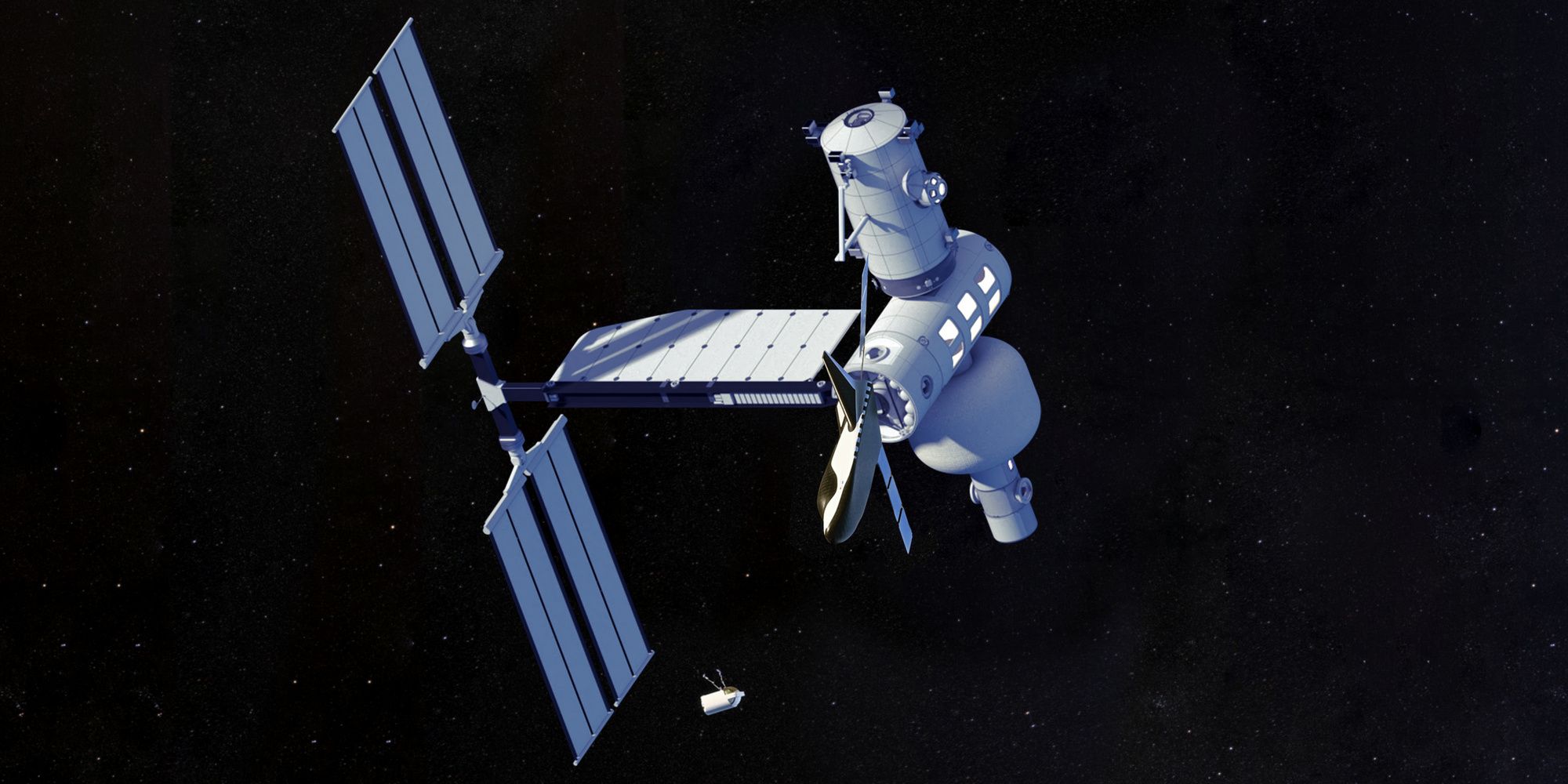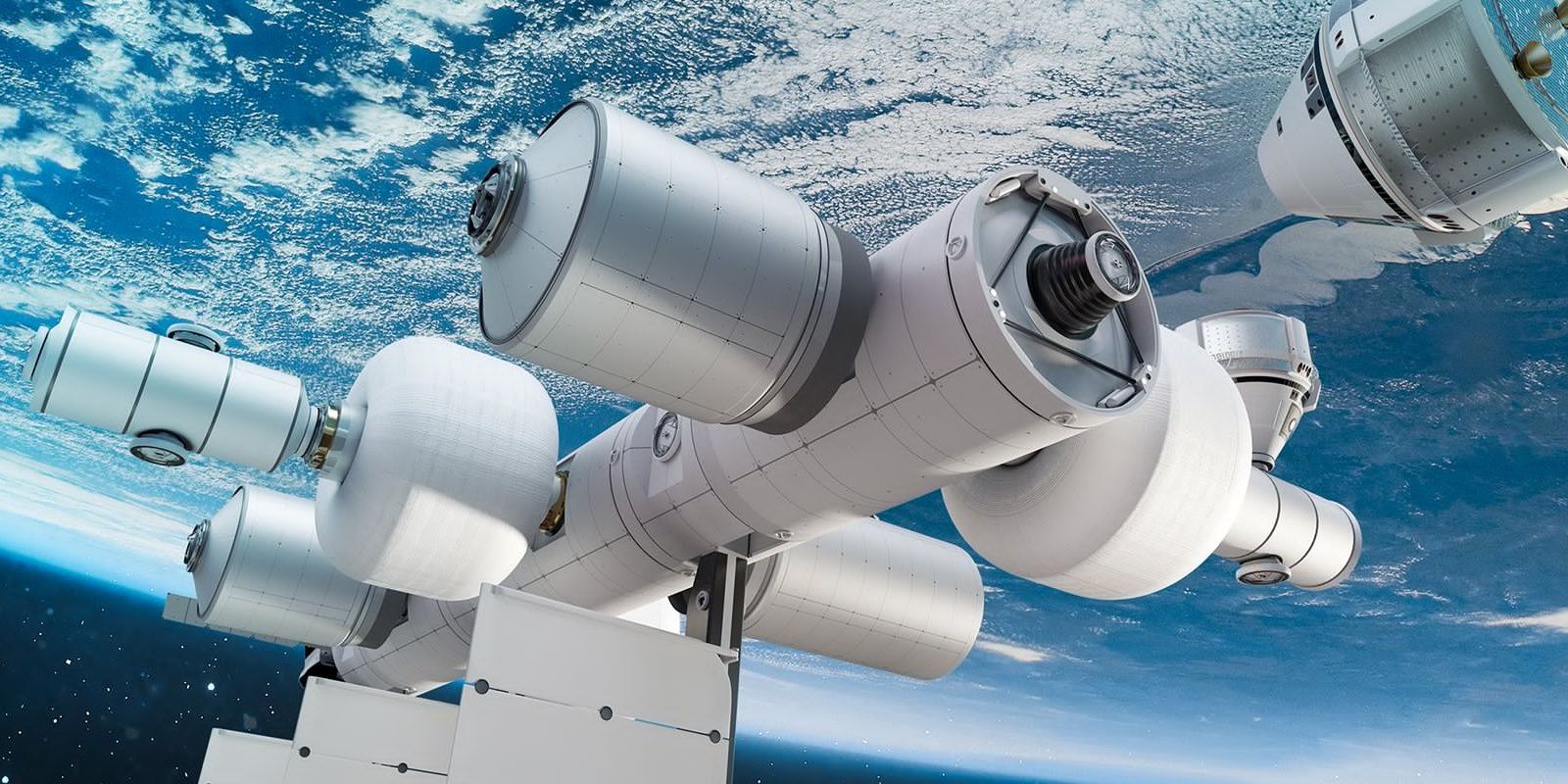NASA has awarded a contract worth $130 million to Orbital Reef — a joint project between Jeff Bezos’ Blue Origin and Sierra Space — to build a commercial space station in Low Earth Orbit (LEO) that the agency plans to lease for training astronauts and conducting scientific experiments. The Orbital Reef project was only announced in October this year as the world’s first privately-owned space station. The company says Orbital Reef is expected to become operational in the second half of the ongoing decade and will be open for everything from space joyrides and advertising to research.
Defined as some sort of mixed-use business park in space, Orbital Reef’s human-centered space architecture is scalable, which means its size will grow as more modules for recreational stay, landing ports, and science labs are added per the request of private and government clients. Blue Origin is handling the infrastructure development responsibility for the space station, Sierra Space will be making LIFE (Large Integrated Flexible Environment) modules, Boeing handles the operation part and will also supply its Starliner crew capsule, while the Arizona State University leads the consortium dedicated to research.
NASA announced that it has awarded $130 million to Blue Origin towards the development of commercial space stations. “These awards will stimulate U.S. private sector development of commercial, independent space stations that will be available to both government and private-sector customers,” the agency says. However, the key objective is to transition away from the International Space Station and move a majority of activities to these low-orbit commercial space stations, while NASA dedicates its efforts and resources towards Artemis. The latter recently had its manned Moon mission pushed back by a year due to a multitude of factors, one of which was a lawsuit filed by none other than Blue Origin.
Moving Away From ISS & Towards Artemis
As part of the two-phase Space Act Agreement contract, NASA has actually given its blessing to three names for building their respective space stations — Blue Origin ($130 million), Nanoracks ($160 million), and Northrop Grumman ($125.6 million). During the first phase, NASA will work with these private contractors on the formulation and design aspect of these commercial space stations and their respective capabilities to fulfill the needs of private and government obligations. The first phase will come to a conclusion in 2025, which is also when the first Artemis mission to the moon kicks into action.
During the second phase, NASA will assess and certify whether these commercial space stations are fit for NASA crew members and space research. These analyses will ultimately decide whether NASA will avail services from these commercial space destination service providers. Rather than dividing resources towards building and upgrading its own space facilities, working with private players results in a much lower cost, and will also allow NASA to focus on Artemis Moon missions, and eventually Mars.
Source: NASA


